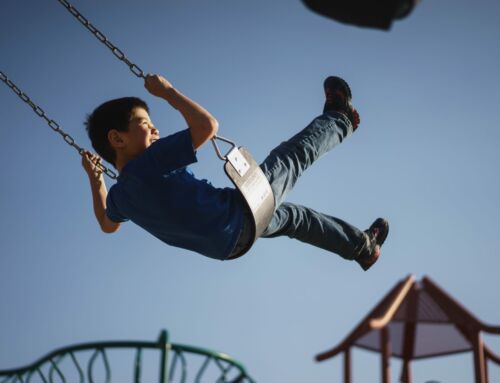There are many misconceptions surrounding the term end of life or palliative care, and one is that it is only for elderly people or those with cancer. The diagnosis of a terminal illness in a child or teenager is shattering for everyone involved. The child and their parents should seek guidance from their health care professionals regarding the difficult process of talking about death and the options for end of life care.
The focus for palliative care for children and teenagers is very much on improving their quality of life. It involves the administration of treatments and medications to control symptoms and pain, and can also provide social, emotional, cultural and spiritual support to the child, their parents and family.
Most providers of paediatric palliative care have a multi-disciplined approach in which elements of palliative care are provided together with ongoing efforts to treat the underlying disease. Many children receive palliative care for long periods of time.
Palliative care can be administered by a number of different health professionals depending on the specific needs of the child, and the resources required by the family and carers. A care team may include a specialist palliative care team, general practitioners, nurses, social and pastoral care workers, and allied health professionals such as physiotherapists, podiatrists and pharmacists.
Services specifically designed for children are based at most of the major children’s hospitals. Support can be provided at home, in the hospital, and in community settings. In addition, some states have special hospices available for children that can provide respite and end-of-life care and support for the child and family.
- The health care professionals are responsible for providing:
- Advice and assistance with decisions regarding the child’s care
- Management of physical symptoms such as pain
- Support for care at home and care planning if requested by the family
- Support for the child to attend school and other activities if requested
- Emotional, psychological, cultural and spiritual support for the child and family
- Assistance in accessing respite care
- Advice on how to talk to children about illness and death
- Grief counselling See our article – Grief Counselling here.
For more guidance please visit: Paediatric Palliative Care Website


